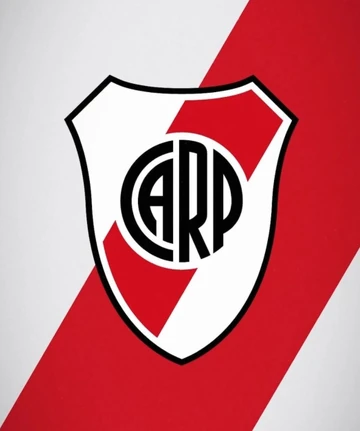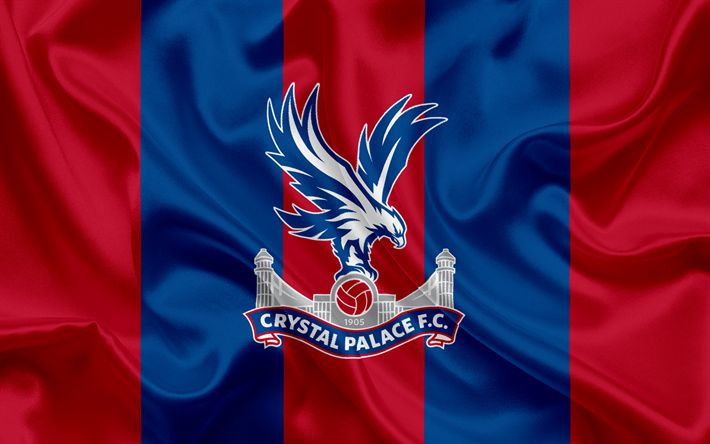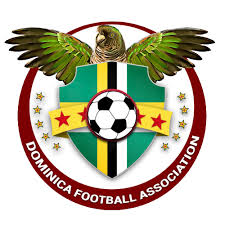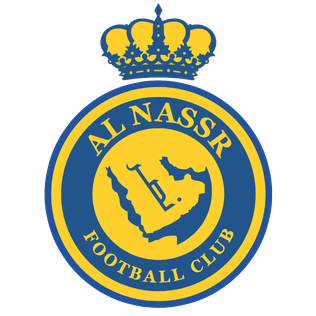
River Plate FC
One of the most captivating aspects of River Plate FC’s history is its intense rivalry with Boca Juniors—a clash that transcends mere sport to encapsulate cultural and social dimensions within Argentina. This rivalry, known as the Superclásico, is not only a fixture on the football calendar but also a powerful embodiment of national identity.
Origins of the River Plate FC
The roots of the River-Boca rivalry date back to the early 20th century, where two clubs emerged from different neighborhoods in Buenos Aires. River Plate, founded in 1901 in the affluent district of Núñez, symbolized the upper echelons of society, while Boca Juniors, established in 1905 in La Boca, represented the working class and immigrant communities giang a loi.
This socio-economic divide fostered a fierce competition that laid the groundwork for dramatic encounters on the pitch. Each match represents more than just points; it’s about pride, history, and community representation. The atmosphere during these matches is electric, capturing the essence of Argentine passion for football.
Memorable Matches That Shaped History
Through the years, countless matches have defined this historic rivalry. One standout moment occurred in 1966 when River Plate defeated Boca Juniors 4-2 in a legendary Copa Libertadores semi-final match. The game showcased breathtaking skill and attracted national attention, solidifying the importance of the Superclásico within Argentine culture.
Another unforgettable encounter took place during the 2018 Copa Libertadores final held at the Santiago Bernabéu Stadium in Madrid. This was the first time the Superclásico was contested outside Argentina, leading to heightened global interest. River Plate won 3-1 after extra time, marking a significant chapter in their storied rivalry with Boca Juniors and etching their name into football folklore.
Such memorable clashes highlight the ever-evolving narrative of the rivalry, illustrating moments of triumph, despair, and everything in between. Each match serves as a testament to the players’ grit and the fans’ unwavering support.
The Cultural Impact of the Superclásico
The Superclásico extends beyond the football pitch, serving as a microcosm of Argentine society itself. It brings together people from diverse backgrounds, uniting them behind the common cause of supporting their team. The fervor of fans, the artistry of chants, and the vibrant display of colors create an unparalleled atmosphere that is uniquely Argentine.
Moreover, this rivalry has influenced various aspects of Argentinian culture, including music, literature, and art. Songs celebrating the passion associated with the Superclásico echo through the streets of Buenos Aires, while writers and poets immortalize the intensity of these encounters in their work. This cultural significance transforms football into a powerful vehicle for social commentary and expression.
As such, the River-Boca rivalry stands as a remarkable phenomenon within the realm of sports, showcasing how football can reflect societal dynamics and foster community unity. The Superclásico is more than a game; River Plate FC it is an event that reverberates deeply within the soul of Argentina.





